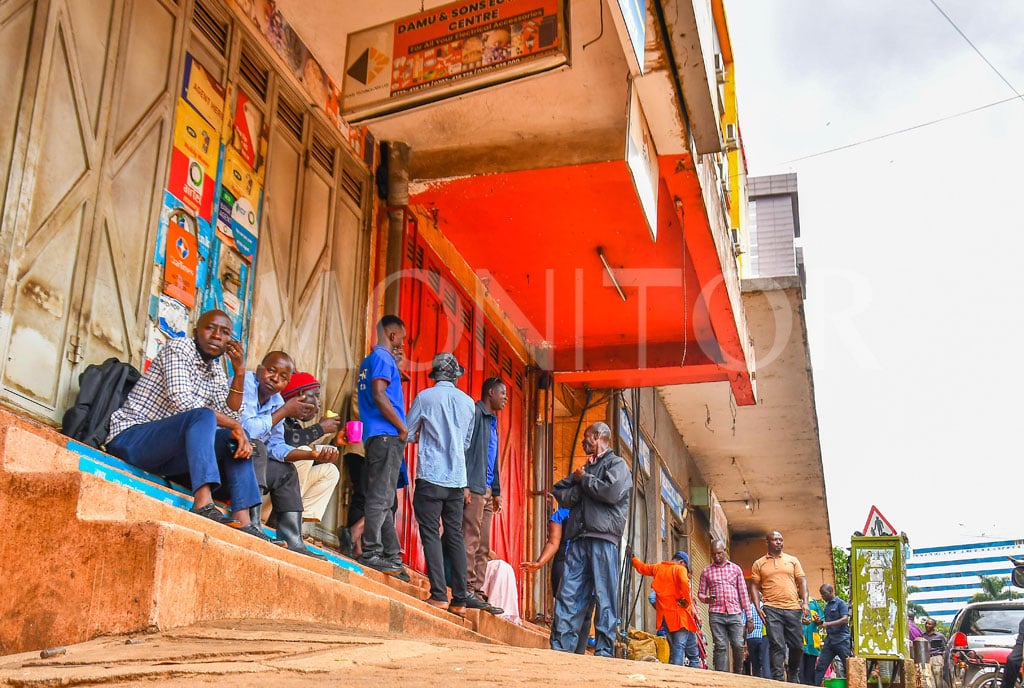Protecting your child from abuse

What you need to know:
- Prevention education is simple but once a child is abused, it becomes very complex, damaging and life-changing.
- Here is how to equip a child early.
Aisha Nantume* had been called to pick up her child from school because she never wanted to talk to anyone and never left the sickbay. She did not know what was wrong with her child. Nantume had watched her closely but she still failed to find out. Her daughter had anger outbursts and spoke less. She never left the room.
“I asked her to get dressed up so we could go see a doctor. Then I realised she was not walking properly but when I asked her why she walked that way, she told me she would be killed if she told anyone about it. My child was molested by her teacher. Although the molester was imprisoned, I feel this is the worst thing that has ever happened to me,” says Nantume.
There are so many such cases happening but children rarely report because they fear they will not be believed, may be blamed or are threatened by the abuser. Because children are minor, they are vulnerable and prone to other forms of abuse such as neglect, physical and emotional abuse.
According to Steven Langa a counsellor at Family Life Network, a child is neglected if basic needs are deliberately withheld, not because the parents or caregivers are poor but because they are so overwhelmed by their own needs that they cannot recognise the needs of their children. Such children lack supervision too.
Physical abuse is often caused by punishments too harsh for the child. Sometimes it is the result of a caregiver’s reaction to stress. Drinking and drug abuse by caretakers are common contributing factors to physical abuse cases and a child usually sustains physical injuries such as bruises, broken bones, burns, and abrasions.
Children experience minor injuries as a normal part of growing up, but more so in predictable places such as the shins, knees, and elbows but when the injuries are in soft-tissue areas on the abdomen or back, serious physical abuse becomes a possibility.
Langa says, “Emotional abuse is usually hard to detect, but it is as harmful to the child as other forms of abuse. Such abuse damages the child’s self-esteem and in extreme cases, may lead to developmental problems and speech disorders. A child is likely to suffer emotional abuse if continually blamed, teased or compared unfavourably with siblings or other children.”
Parents sometimes emotionally abuse children by expecting too much from them in academics, athletics, or social spheres. When a child does not meet these expectations, she or he feels they are not good enough.
Signs of abuse
The best sign that a child is abused would be a statement from the child but the problem is that the child might feel responsible for the abuse and fear an angry reaction from the parents so he or she may not report. Parents should, however, be careful about other signs.
Children who are sexually abused may develop a seductive or provocative behaviour; acting out adult sexual behaviour or anguage at an age they are unlikely to know such things. Changes in eating habits, self-harm such as cutting, burning, resistance to going home and unexplained fear of a particular person.
Nantume says, “Some children become withdrawn, secretive, sudden unexplained personality changes, mood swings and seeming insecure. They may develop unaccountable fear of particular places or people and anger outbursts.”
Langa warns that one sign may not mean that a child was or is being sexually abused but the occurrence of several of these signs suggests that you should become curious.
Reactions
If your child becomes a victim of abuse, whether the child tells you or you find out on your own, your first reaction is very important. Langa warns parents not to panic or overreact to the information your child tells you. Do not criticise your child even if she or he consented. The adult is to blame and not the child because he is a minor who is not supposed to consent.
“Respect your child’s privacy and feelings by taking him or her to a place where the two of you can talk without interruptions or distractions. Believe and assure your child that s/he is not to blame for what happened and that you appreciate that they trusted and told you about the incident,” he says.
Assure the child that it would not happen again then encourage him or her to tell the proper authorities such as police about what happened, but try to avoid repeated interviews as they can stress the child.
Prevention
Steven Langa says the best way for parents to prevent abuse of their children would be by having an open communication line while the children are still young.
“Children usually have adult allies in whom they confide even for their top secrets. Parents should fight to be those allies and should be free to talk about anything with their children. Then, children can freely talk about any kind of abuse they may be going through,” he says.
He advises parents to know the warning signs of abuse, have an open communication network with your children. He says, “Be a safe and responsible adult whom the child can trust with their deepest secrets. Know who your child’s friends are and set clear boundaries with the family members who spend time around.”




